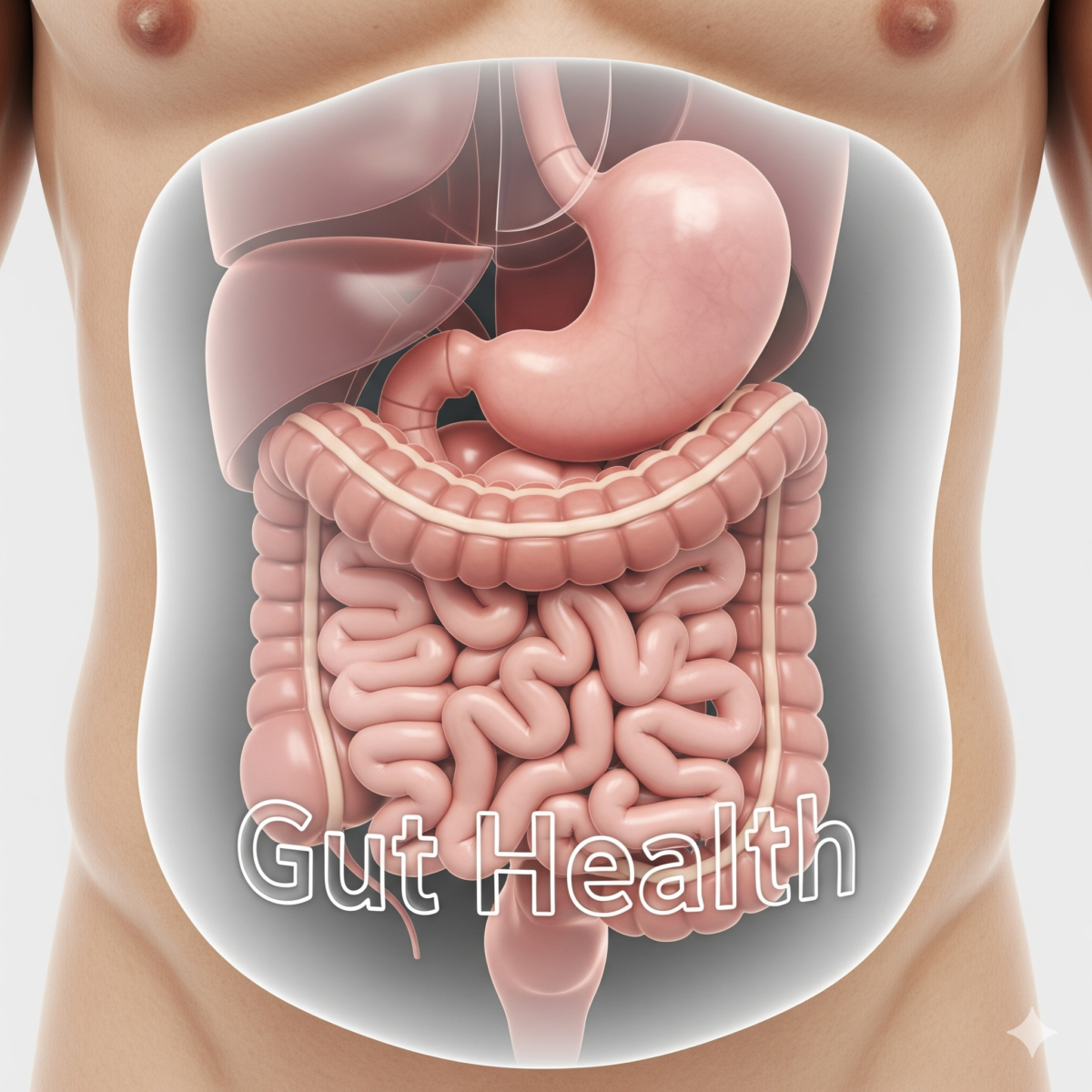Your gut does more than digest food—it plays a vital role in your overall health. From supporting your immune system to influencing your mood, gut health affects nearly every part of the body. Understanding how the gut works and how to keep it balanced can help you improve your well-being.
What Is Gut Health?
Gut health refers to the balance and function of the gastrointestinal (GI) tract, which includes the stomach, intestines, and the trillions of microorganisms (known as the gut microbiome) that live there. A healthy gut efficiently breaks down food, absorbs nutrients, and eliminates waste.
Why Gut Health Matters
A balanced gut impacts many aspects of health:
- Digestion and Nutrient Absorption
A healthy gut ensures that vitamins, minerals, and other nutrients are properly absorbed. - Immune System Support
About 70% of the body’s immune system is located in the gut. A diverse gut microbiome helps defend against harmful bacteria and infections. - Mental Health Connection
The gut and brain are closely linked through the “gut-brain axis.” Imbalances in gut bacteria have been linked to anxiety, depression, and stress. - Metabolism and Weight
Gut bacteria influence how the body processes food, stores fat, and regulates blood sugar.
Signs of Poor Gut Health
If your gut is out of balance, you may notice:
- Frequent bloating or gas
- Irregular bowel movements
- Food intolerances
- Fatigue
- Skin problems like acne or eczema
How to Improve Gut Health
The good news is that small lifestyle changes can strengthen gut health:
- Eat a Balanced Diet
Include fiber-rich foods (fruits, vegetables, whole grains) to nourish good bacteria. - Add Probiotics and Prebiotics
- Probiotics: Found in yogurt, kefir, sauerkraut, and supplements
- Prebiotics: Found in foods like garlic, onions, and bananas
- Stay Hydrated
Drinking enough water supports healthy digestion. - Limit Processed Foods and Sugar
These can disrupt the balance of bacteria in your gut. - Manage Stress
Chronic stress negatively affects the gut-brain connection. Practices like meditation and exercise can help. - Get Enough Sleep
Quality rest is essential for overall health, including gut function.
Conclusion
Your gut health influences much more than digestion—it plays a central role in immunity, metabolism, and even mental health. By making small, consistent changes in diet and lifestyle, you can support a healthier gut and improve your overall well-being.
